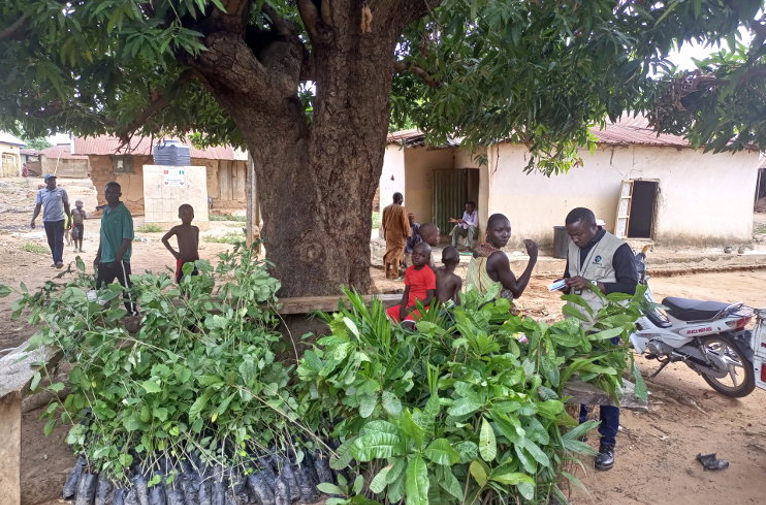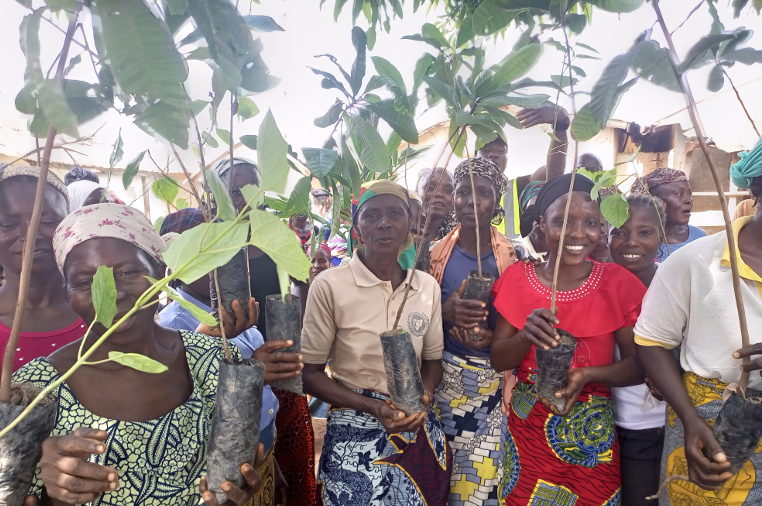Climate change and how it affects vulnerable people in Nigeria is often under-mentioned, thereby not able to holistically address its related impacts on the lives and livelihoods of the affected communities.

Ecological degradation, poverty, and low skills are forcing many rural people to migrate to where the pasture may seem greener. The increasing rate of crime and extremism among the youth is mainly due to the dwindling natural systems and lack of sustainable climate solution skills to cope with impacts.
The country’s economy depends on either climate-sensitive sectors or contributes to climate change, such as agriculture, forestry, fisheries and oil, and gas.
Nigeria’s environment is under increasing threat from natural disasters, such as drought, desertification, and floods, which in recent years have ravaged farmers’ livelihoods and threatened food security in the face of low adaptive capacity to climate change impacts.
To achieve the country’s unconditional 20 per cent and conditional 45 per cent mitigation objectives, there is the need to engage citizens, especially the youth, to lead the climate action through the acquisition of skills in line with the present environmental and economic realities.
Learning new and retooling the existing skills for climate change action would reduce poverty, crime, and extremism, and increase economic growth, thereby contributing to the country’s emissions reduction target.

The Rural Watch Africa Initiative (RUWAI) Seed To Wealth program is helping rural farmers in Nigeria to achieve sustainable income for livelihoods. Through regenerative agriculture and the establishment of small businesses, the program empowers the local people to reduce pressure on land/forest resources and eradicate unemployment and poverty while combating climate change. It is an innovative strategy to arm the rural people, especially smallholder farmers, with skills that will enhance their purchasing power by discouraging them from heavily relying on forestry for survival. Such collaborative efforts with grassroots communities will reduce land degradation, allow natural (recovery) regeneration, and enhance the local biodiversity species index.




